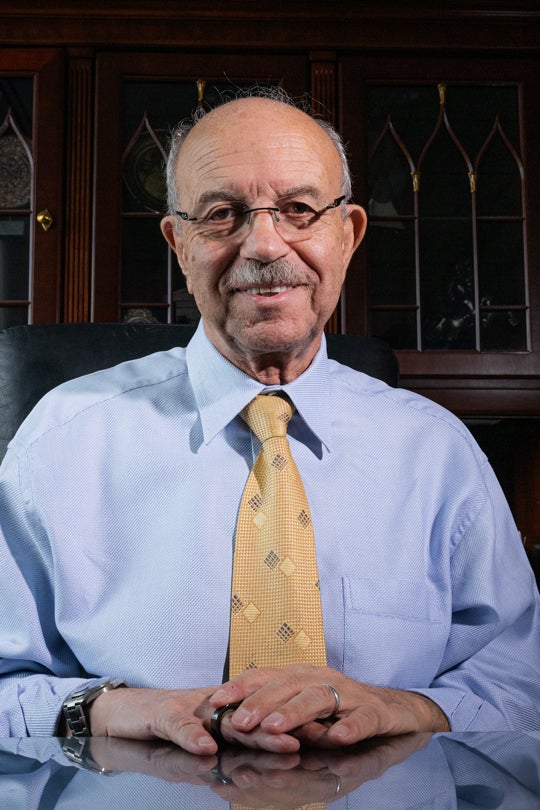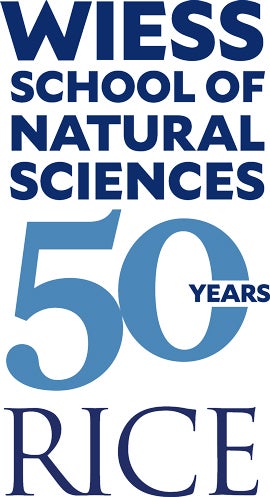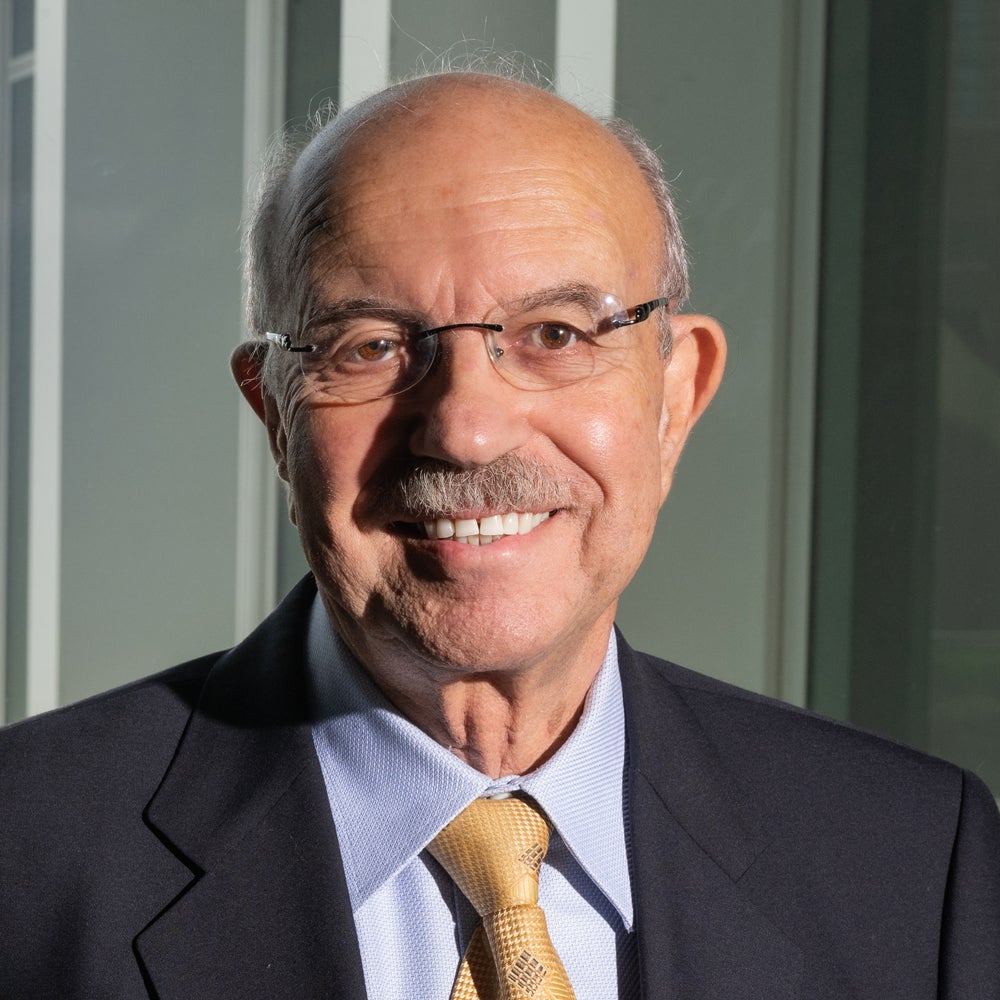
Drug compounds containing fluorine have become increasingly prevalent over the past 20 years. They are estimated to account for about 20 percent of all drugs sold today, and famed synthetic chemist K.C. Nicolaou said fluorine has been very important in his lab’s efforts to improve the cancer-fighting abilities of complex natural molecules.
“Fluorine has been for us, I think, the best atom that we can substitute on a structure from nature, to really improve the cancer-fighting properties of the molecule,” said Nicolaou, the Harry C. and Olga K. Wiess Professor of Chemistry.
Nicolaou’s lab specializes in synthesizing complex molecules found in nature that have useful properties. His research group has synthesized nearly 200 naturally occurring molecules and many more analogs of such molecules, close cousins that contain slight modifications to improve their disease-fighting properties.
“We always are making analogs of natural products to see if we can improve their activities and their properties,” he said. Fluorine is especially useful because it imparts unique properties to the molecule that aren’t found in the natural product.
“Fluorine’s high electronegativity and unique electronic properties allow it to modulate molecular interactions with biological targets, such as proteins, in ways that can potentially enhance the anticancer activity of such a fluorine-bearing analog compared to the parent natural product,” he said.
The reason has to do with fluorine’s chemical properties and size, which allow it to be substituted in place of hydrogen atoms in key places in complex organic molecules. Such substitutions can block key behaviors of cancer cells, slow the metabolization of drugs and have other beneficial effects.

By substituting fluorines at different locations, Nicolaou’s team can create multiple, near-identical analogs of natural compounds. These are then shared with collaborating labs that test their potency, selectivity and stability against different forms of cancer.
“By making it harder for our bodies to destroy the drugs, we can increase the amount of time they can effectively fight diseases when we take them,” Nicolaou said.

In work at Rice, Nicolaou’s team has shown that incorporating fluorine can enhance chemical stability and improve the biological activity of compounds. For example, some fluorinated derivatives of prostaglandin were demonstrated to block oxidative metabolism and to be more toxic than the unmodified prostaglandin natural product to some kinds of cancer cells. His lab also designed and synthesized fluorinated analogs of epothilone B, demonstrating their potential as payloads in antibody-drug conjugates that specifically target cancer. “The intention is not just to make an analog but to use it as a drug,” he said. “In the end, that's the thing we’re going for.”
As well as training the next generation of synthetic chemists who will continue the search for new drugs and industrially useful chemicals and processes. Nicolaou has trained more than 700 doctoral and postdoctoral scholars throughout his career, and said preparing the next generation of talent is one of the most important aspects of curiosity-driven, fundamental university research.
“In the science of total synthesis, we make the molecules of nature from scratch,” he said. “By doing that, we discover new methods to make molecules and to make them in greater amounts than they are found in nature. We also train the Ph.D. scientists and postdoctoral scholars who go on to discover and make the medicines of the future. That’s a huge contribution to society. It’s what we do in universities.”

